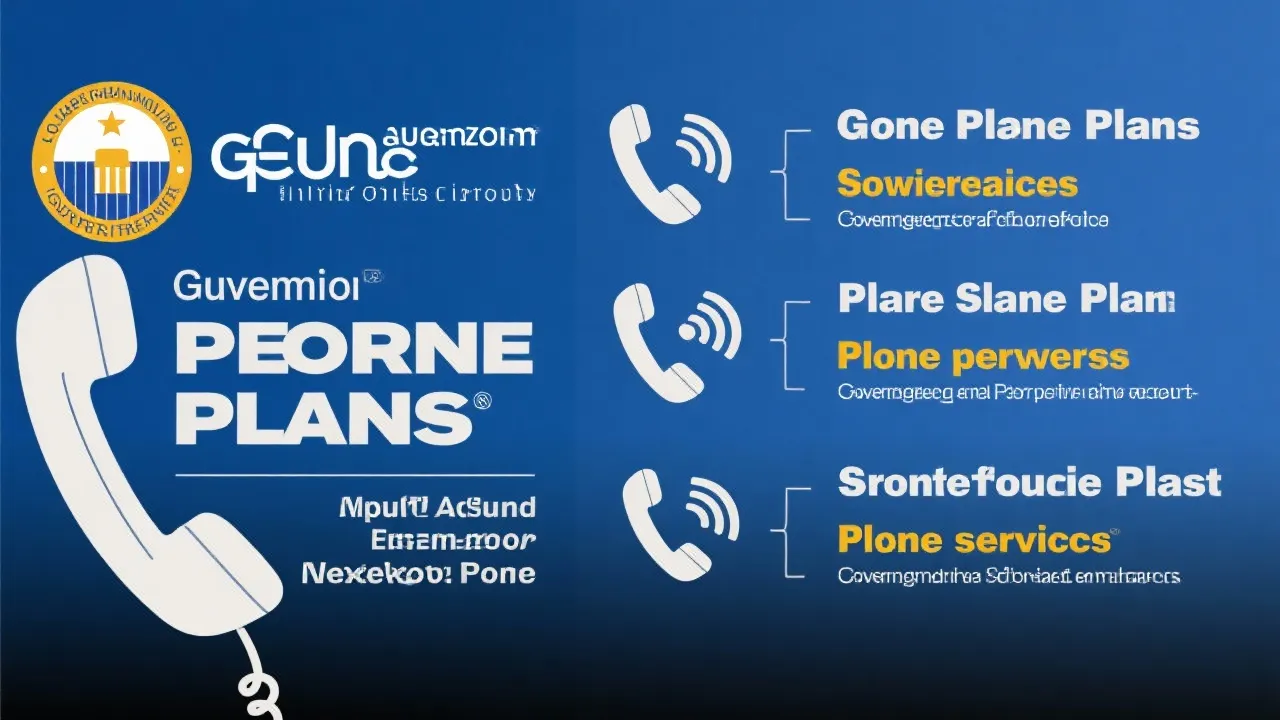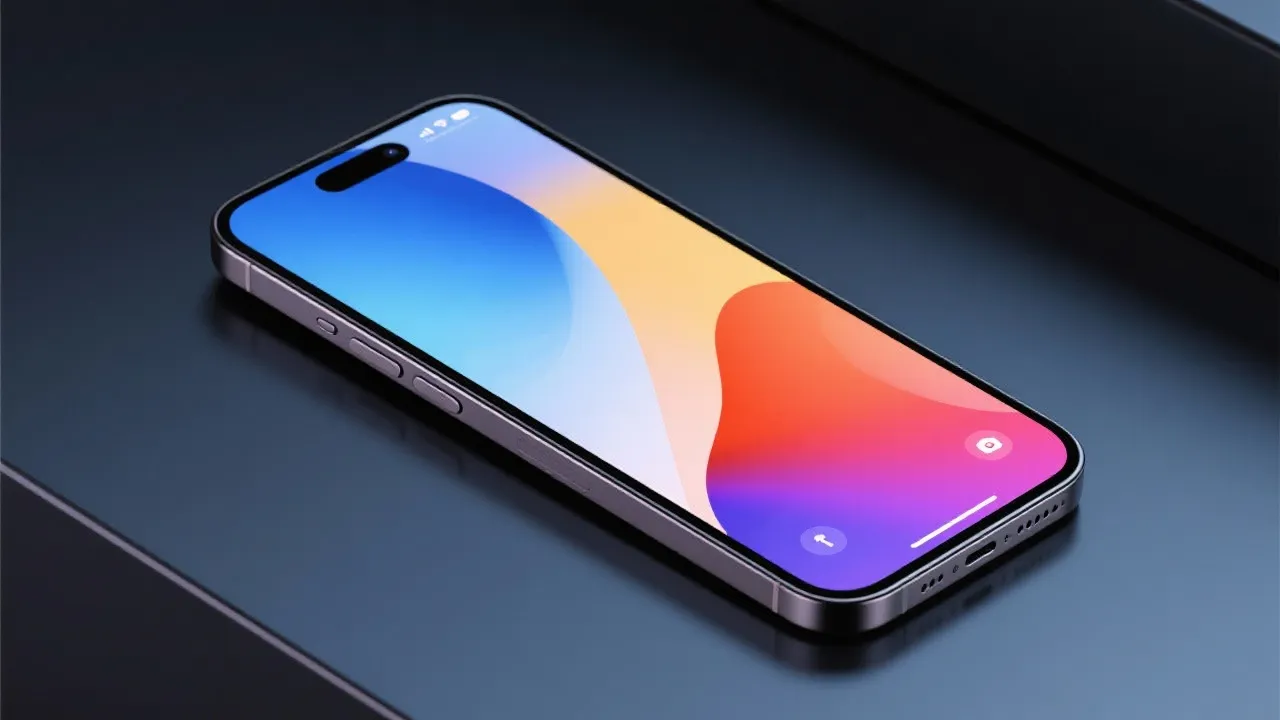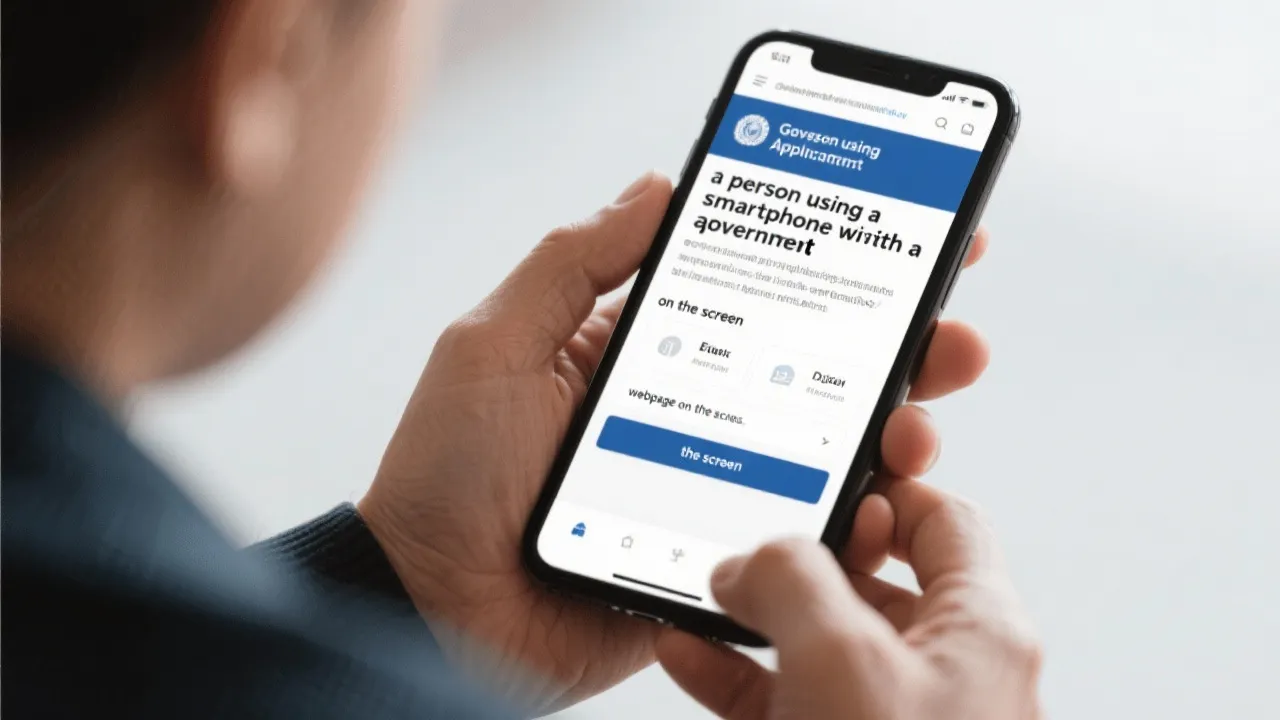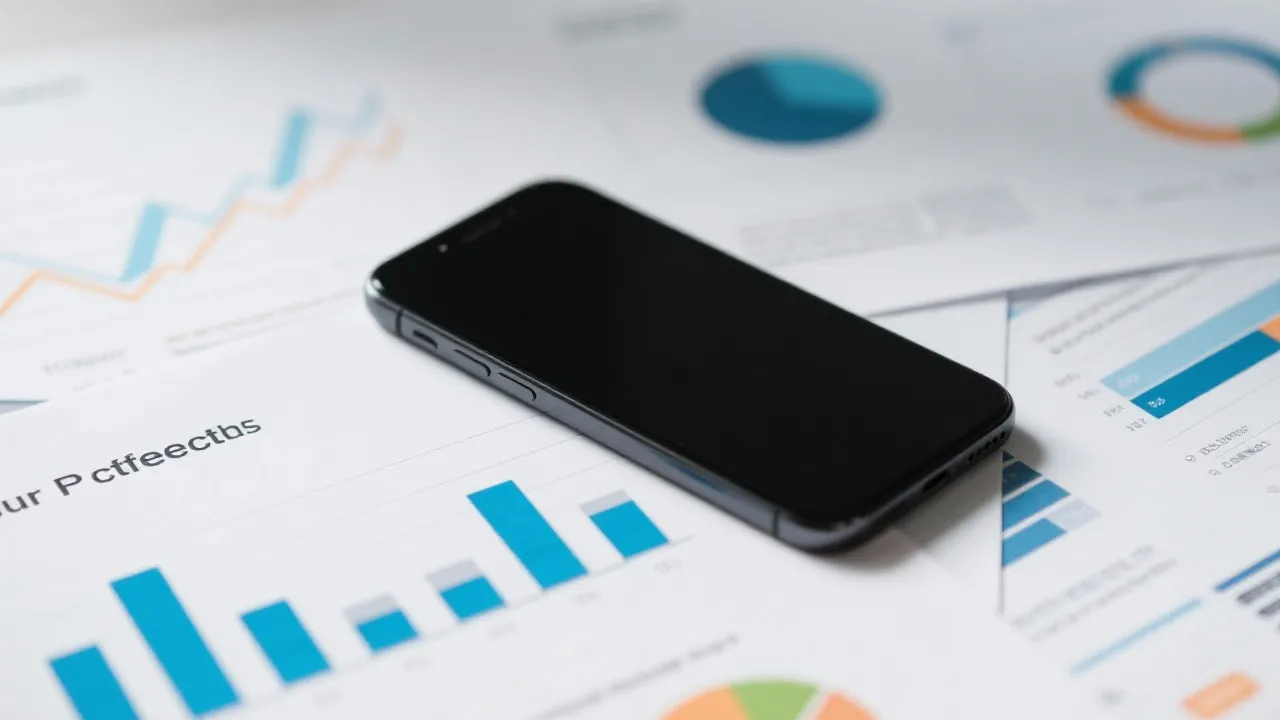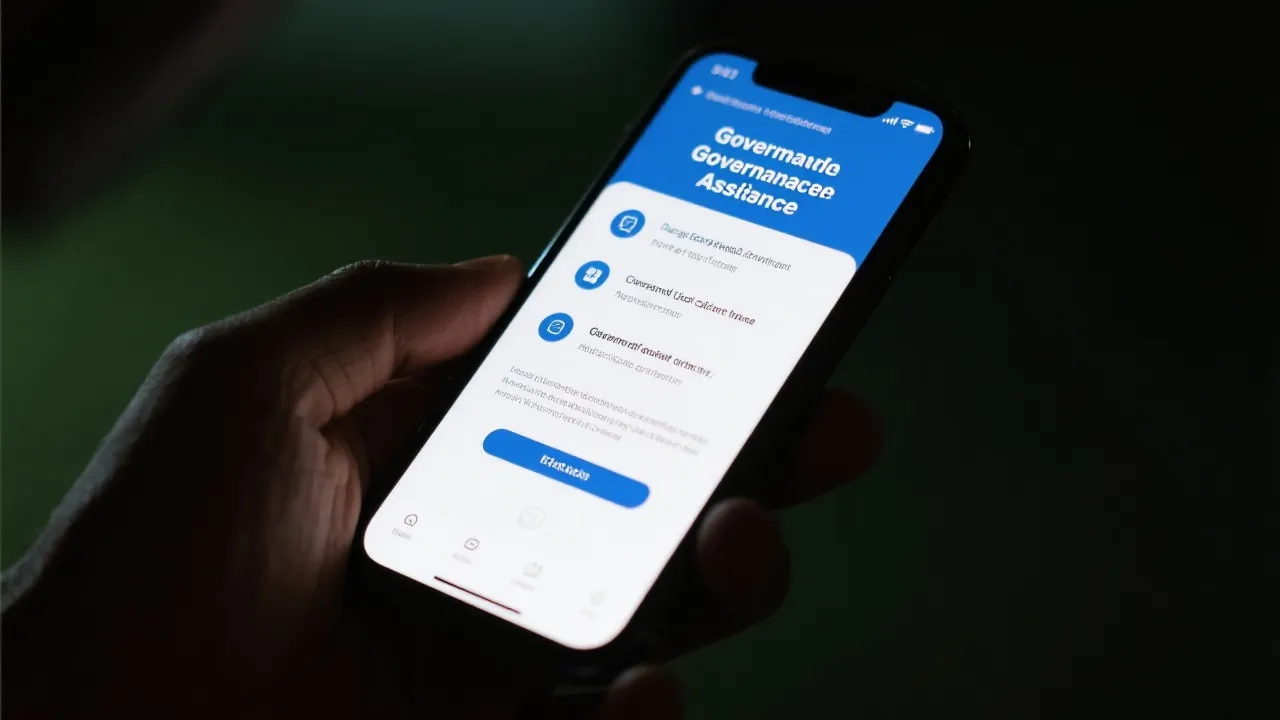Exploring Affordable Phones Unlimited Data Plans
This guide introduces various providers offering government-supported phones with unlimited data options. In today's digital age, staying connected is not just a convenience but a necessity. Programs providing phones and data play a crucial role in bridging the digital divide for low-income individuals, enhancing access to essential services and opportunities.
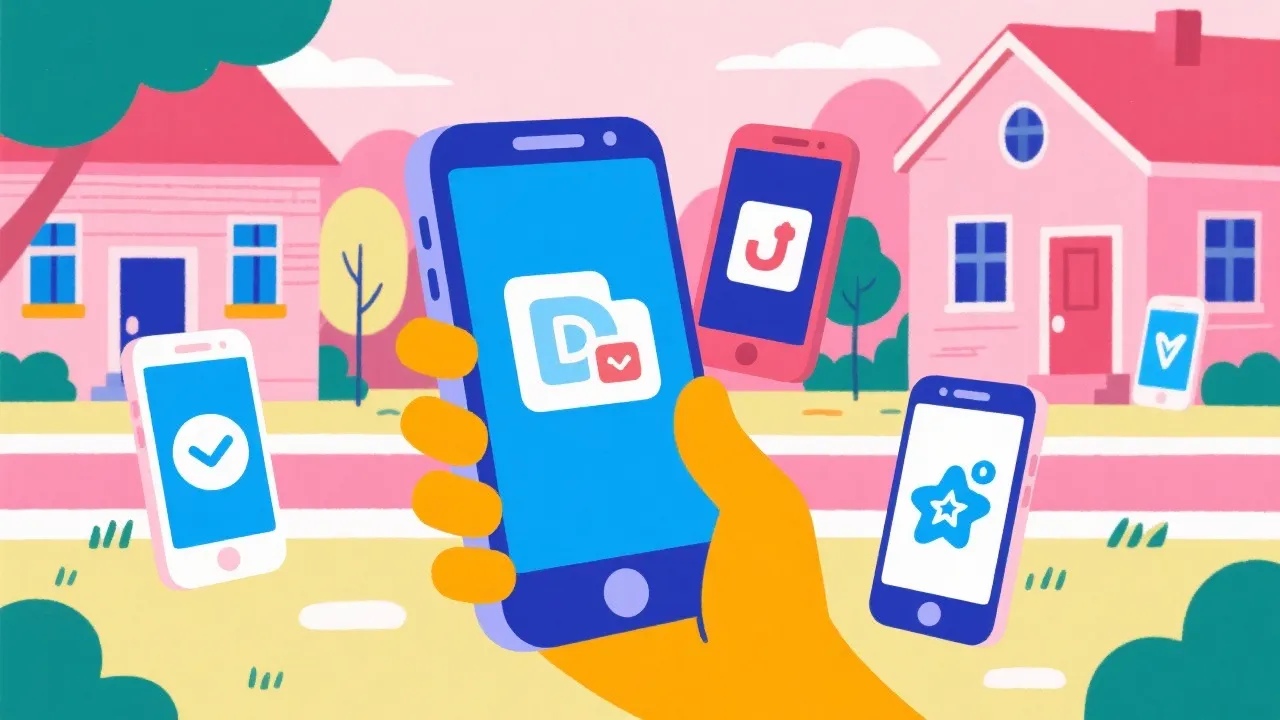
Understanding Affordable Phones with Unlimited Data Plans
In our increasingly connected world, the ability to access the internet and mobile services is essential. It supports everything from employment opportunities to social connectivity and access to emergency services. For many individuals facing economic hardships, obtaining a smartphone with affordable data plans can be challenging. Thankfully, several government-supported programs aim to mitigate this issue by offering smartphones with unlimited data options. This guide explores various providers who are stepping up to make connectivity more accessible, while also examining the broader implications of mobile connectivity in today's society.
The Importance of Mobile Connectivity in Modern Society
Mobile connectivity has transformed how we live, work, and interact with one another. In a world where much of our daily communication, job searching, and social interactions take place online, access to mobile services is not merely a convenience—it is a necessity. The ability to communicate effectively and access information can significantly enhance one’s quality of life, particularly for those facing barriers such as poverty or location. These factors make affordable phones and unlimited data plans particularly vital for underprivileged communities.
Access to mobile services allows individuals to:
- Seek Employment: Many job applications, interviews, and networking opportunities happen online. A reliable phone and internet services enable individuals to communicate with potential employers swiftly and effectively.
- Access Education: With the rise of online learning platforms, having a smartphone with a robust data plan aids students in accessing educational materials and participating in remote learning.
- Stay Informed: Mobile connectivity ensures users receive real-time updates on important matters, including health alerts, weather updates, and local news.
- Connect with Family and Friends: Maintaining social ties is vital to mental health, and mobile connectivity allows individuals to keep in touch without physical boundaries.
- Access Emergency Services: In critical situations, having a mobile phone can be life-saving, allowing for quick communication with law enforcement, medical services, or emergency contacts.
Notable Providers Offering These Services
Several key providers extend robust services to qualifying individuals. Here is a breakdown of what they offer:
| Official Website | Services Included | Additional Costs |
|---|---|---|
| SafeLink Wireless | Smartphone or bring-your-own-device options, text, calls, data | Premium devices or additional data |
| Assurance Wireless | Android smartphone, talk, text, data | High-speed data or international calling |
| StandUp Wireless | Smartphone or BYOD options, talk, text, data | Premium phone upgrades or extra data |
| Access Wireless | Voice, text, limited high-speed data | Data boosts and device upgrades |
| True Wireless | Phones, voice, and data plans | Better devices or additional data |
Source: SafeLink Wireless, Assurance Wireless, StandUp Wireless, Access Wireless, True Wireless
Eligibility Criteria and Application Process
To access these government-sponsored services, individuals must meet specific criteria, primarily centered around income or participation in government assistance programs. The application process is straightforward, but ensuring you understand the requirements is essential. Here is how you can apply:
- Ensure your income is at or below 135% of the federal poverty guidelines for Lifeline, or 200% for ACP.
- Participate in eligible government aid programs such as Medicaid, SNAP, SSI, or FPHA. Residing on Tribal lands could offer additional benefits.
- Complete the application process online through the provider's website or through the Lifeline National Verifier.
- Submit necessary documentation to verify your eligibility. This may include income statements or proof of enrollment in assistance programs.
What to Expect After Your Application
Upon submitting your application, the provider will typically review your information to confirm your eligibility. This process may take anywhere from a few days to a few weeks, depending on the provider's workload and the accuracy of the information submitted. Once approved, you will receive your phone along with details about your plan's features and data limits.
If your application is denied, you have the right to know the reasons why. It's possible that additional documentation is required, or there could be an issue with your qualifying income. You can appeal the decision or reapply once you address the concerns raised.
Impact of Mobile Connectivity
The ability to stay connected is more than a luxury; it is a crucial lifeline. By enabling access to vital services and fostering digital inclusion, these programs significantly impact the lives of low-income individuals by providing them with opportunities for social engagement, education, and economic stability.
Several studies have demonstrated that access to mobile devices can lead to improved job prospects. For instance, a person with a mobile phone can apply for jobs, maintain communication with employers, and manage scheduling—all of which are critical for securing employment. In education, studies have shown that students with access to smartphones are more likely to engage in digital learning activities, thus improving their academic performance.
Moreover, mobile connectivity can reduce feelings of isolation among marginalized communities. A simple message or phone call can bridge the emotional gap and promote a sense of belonging, further enhancing mental well-being. Increased access to digital platforms can also enable community awareness and involvement, fostering a stronger bond among members.
Challenges Faced by Users of Affordable Phones
While affordable phones and unlimited data plans are beneficial, they come with their own set of challenges.
- Device Limitations: Often, the smartphones provided through these programs are basic models that may not support all apps or features that an individual may need for work or education.
- Data Accessibility: Some plans may advertise “unlimited data,” but once a certain threshold of high-speed usage is reached, the speed may be throttled down to a significantly lower level, impacting the user experience.
- Technical Support: Lower-cost providers may not offer robust customer support, leading to frustration for users facing technical issues.
- Digital Literacy: Not everyone may know how to utilize smartphones or mobile data effectively, limiting the benefits available through these programs. Digital literacy programs can help bridge this gap.
FAQs
What is the Lifeline program?
The Lifeline program is a federal initiative ensuring low-income households have access to essential communication services. It provides discounts on monthly telephone service and supports eligible households with the necessary tools for mobile communication.
Can I upgrade my affordable phone?
Yes, many providers offer options to upgrade devices, typically at an additional cost. This allows users to access newer models with better features or capabilities, making it easier to navigate modern applications and services.
Do these plans truly offer unlimited data?
While some plans offer unlimited data, it’s essential to read the fine print. Most of these plans include high-speed data quotas; after reaching this limit, users may experience throttled or slowed speeds, making it challenging to use data-driven applications effectively.
What should I do if my application is denied?
If your application for a government-supported phone is denied, you can request a detailed explanation to understand the reason behind the decision. Often, it may be possible to correct any inaccuracies and reapply. You also have the right to appeal the decision with additional documentation if required.
Additional Resources and Support
For those who wish to learn more about affordable phones and unlimited data plans, several resources can provide essential information and support:
- Federal Communications Commission (FCC): The FCC offers detailed information on the Lifeline program and other initiatives aimed at promoting digital equality and inclusion.
- Local Non-Profit Organizations: Many non-profits assist individuals in navigating application processes or provide digital literacy training workshops to enhance users' skills.
- Community Centers: Local community centers often provide assistance with application processes and may have workshops on mobile device usage and digital literacy.
- Online Forums and Social Media Groups: Connecting with others who have navigated similar paths can provide valuable tips and emotional support, making it easier to find solutions to common challenges.
Conclusion
These programs underscore an essential societal commitment to ensuring that all individuals, regardless of economic standing, remain connected in today's digital society. The transition to a more digital-oriented world needs to be inclusive, and government-supported initiatives play a key role in bridging the digital divide. By providing affordable access to technology, they facilitate a path toward better opportunities and services, enabling individuals to achieve their potential without being hindered by financial barriers.
As we look to the future, it is vital to continue advocating for programs that expand access to mobile connectivity, foster digital literacy, and support ongoing technological advancements. In doing so, we not only empower individual lives but also strengthen our communities and society as a whole, embracing the notion that connectivity is a right, not a privilege.
Disclaimer: The above information is derived from online resources, and the data is accurate as of October 2023. This website cannot guarantee that applicants will definitely obtain a government-supported phone. For specific application requirements and guidelines, please consult the official documentation of the service provider. This page will not be updated in real time.
-
1

Revolutionizing Smiles: The Breakthrough Innovations in Dental Implants Changing Oral Health Care Forever
-
2

Unveiling the Top Dental Implant Options for Seniors: Transform Your Smile with the Ultimate Guide to Restored Radiance
-
3

Understanding Dental Implants Costs and Financing
-
4

Discover the Key to a Dazzling Smile: Your Ultimate Handbook for Selecting the Ideal Tooth Replacement Option
-
5

Affordable Dental Implants Solutions Near You





